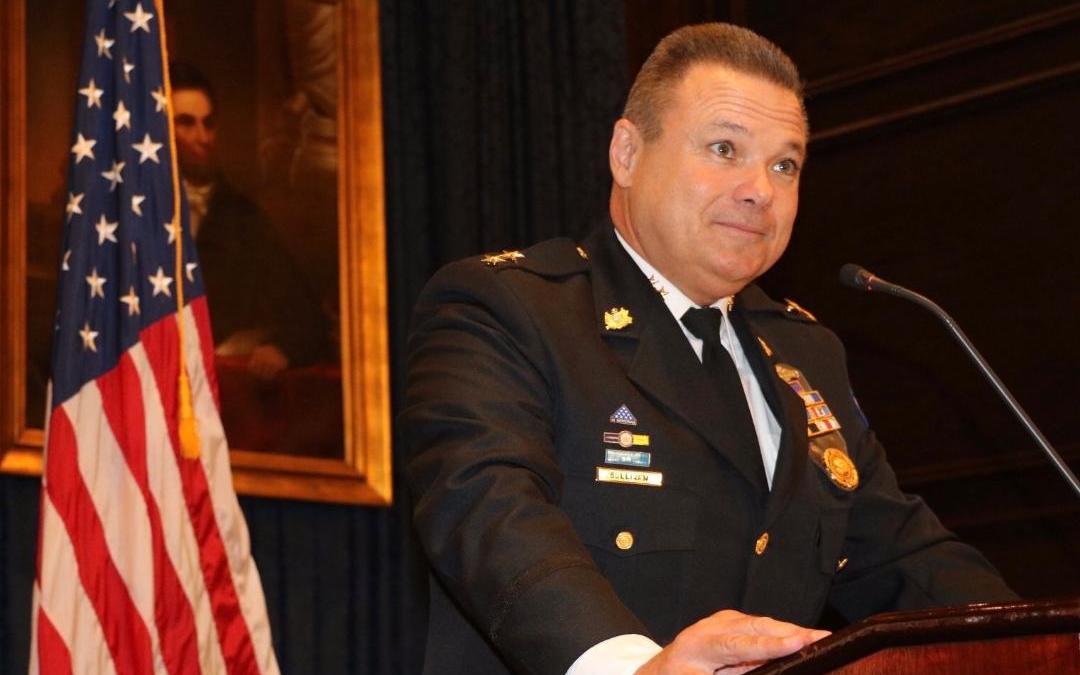Earlier this month, Mayor Kenney ordered the police to stop making car stops for minor traffic violations.
“Today, I signed an executive order to implement the legislation outlined in the Driving Equality bills, introduced by councilmember Isaiah Thomas,” the mayor stated in a tweet. “This legislation establishes Philadelphia as the first large U.S. city to ban minor traffic stops with the goal of healing police-community relations.”
His order came after City Council voted 14-2 on Oct. 14 to pass the “Driving Equality Bill,” as well as a companion bill that mandates the city create a public traffic stop database.
Councilman Isaiah Thomas, the author of the bills, stated, “These bills end the traffic stops that promote discrimination while keeping the traffic stops that promote public safety. This approach seeks to redirect police time and resources towards keeping Philadelphians safe while removing negative interactions that widen the divide and perpetuate mistrust.”
Thomas noted that the bill allows the police to still issue citations, which are then mailed to drivers.
I reached out to Joseph P. Sullivan, who served as the Philadelphia Deputy Police Commissioner for Patrol Operations from 2017 to 2020, and asked him for his take on this.
“I don’t doubt the councilman’s intent in introducing his legislation, and I strongly believe that law enforcement has to be open to the introduction of new strategies intended to reduce the number of negative encounters between citizens and the police,” Sullivan said. “The dispatch of alternative responders to many 911 calls involving the mentally ill, homeless and drug dependent populations are an excellent example.
“What I do question is the lack of an independent third-party evaluator and a mandatory period of review to determine if the legislation is achieving its stated objectives and whether it has resulted in any unintended consequences. Vehicles play a part in gun violence and the research proves that traffic enforcement is connected to crime suppression.”
Sullivan noted that a recent homicide in Philadelphia allegedly was committed by a security guard assigned to the Christmas Village. He was also a convicted felon, prohibited by state law from being in possession of a firearm, but he allegedly retrieved his illegally possessed weapon from his vehicle that was parked nearby to commit the murder.
“The Philadelphia Police Department makes approximately 70 percent of their seizures of illegally possessed guns during vehicle investigations. Car stops have already declined precipitously in Philadelphia due to a significant decrease in manpower.”
Sullivan said that John Hall of the Manhattan Institute wrote in a recent article that police reform needs to be approached thoughtfully and carefully and public safety policy decisions must be informed by data. Who, Sullivan asked, is compiling the data that will be needed to properly evaluate the impact of this legislation on crime, traffic safety, insurance rates and public perception?
“Personally, I’d prefer a policy that endeavors to help otherwise lawful drivers to come into compliance with the motor vehicle code rather than ignoring potential hazards by following the lead of other cities where officers follow a no-ticket policy that mandates warnings to otherwise lawful drivers for minor equipment violations and supplies officers with gift certificates for distribution in lieu of a ticket that motorist can use to have their cars repaired,” Sullivan said.
“I’d like to see a similar program whereby low-income motorists can apply for financial assistance to keep their vehicles registered, insured and inspected rather than simply ignoring these important violations.”
Sullivan explained that unregistered cars are likely also uninsured, and vehicles not properly inspected can have dangerous defects like worn brakes that the owner may not even be aware of.
“There are already limitations on the city’s live stop program due to a recent court decision whereby drivers operating with no license or a suspended license, expired or no registration sometimes no longer have their vehicles impounded. Instead, the vehicles are often left at the scene and booted by PPA until the owner comes into compliance,” Sullivan said. “It is important that there be a robust public information campaign for drivers and training curriculum for officers in advance of the initiation of the amended enforcement strategy as there is a great deal of confusion on both sides, and frankly it sends a mixed message to the public and the police at a time when we are struggling to develop an effective strategy to deal with the unlawful ATVs and street racers.”
In my view, stopping car stops, like stopping stop and frisk, defangs the police in their effort to take illegal guns and criminals off the streets of Philadelphia. Ultimately, Philadelphia citizens will suffer from a higher murder rate and even more crime and gun violence.
Paul Davis’ Crime Beat column appears here each week. He can be contacted via pauldavisoncrime.com.





